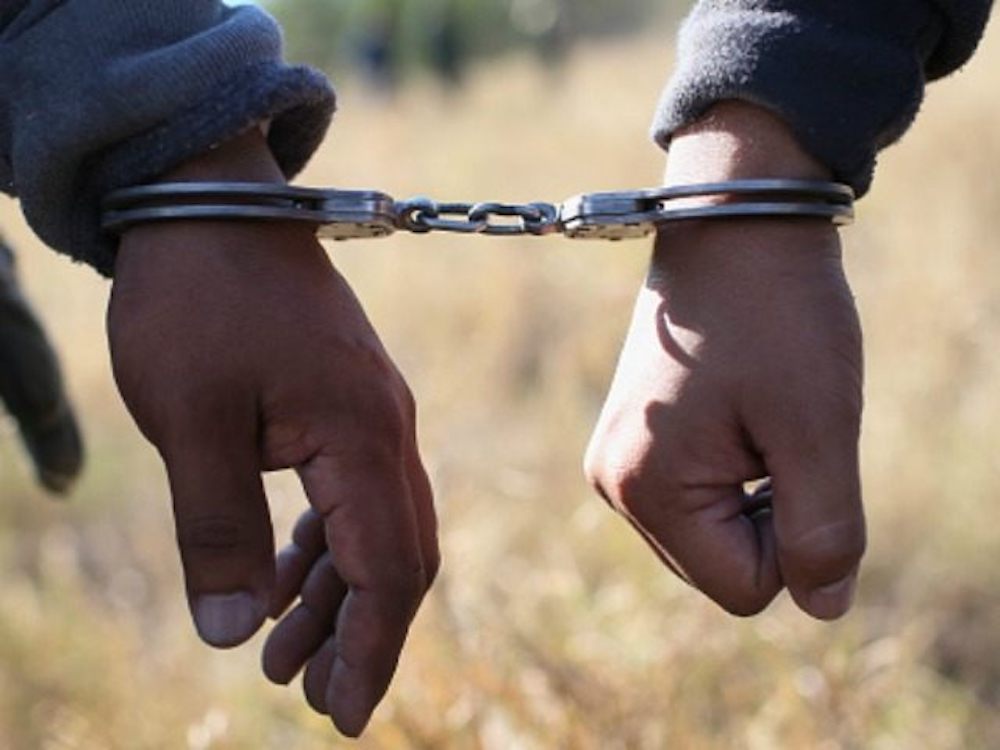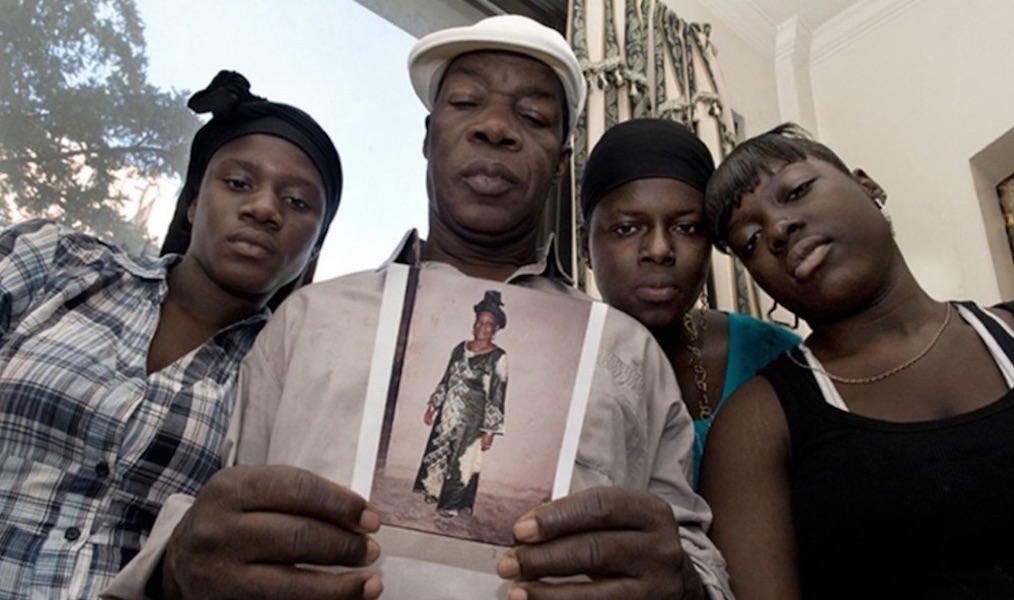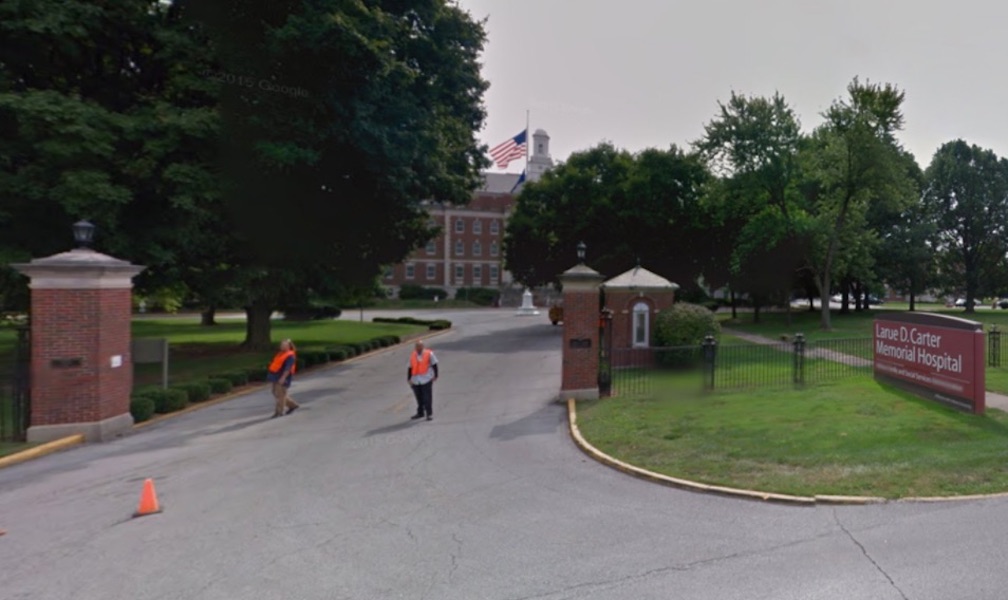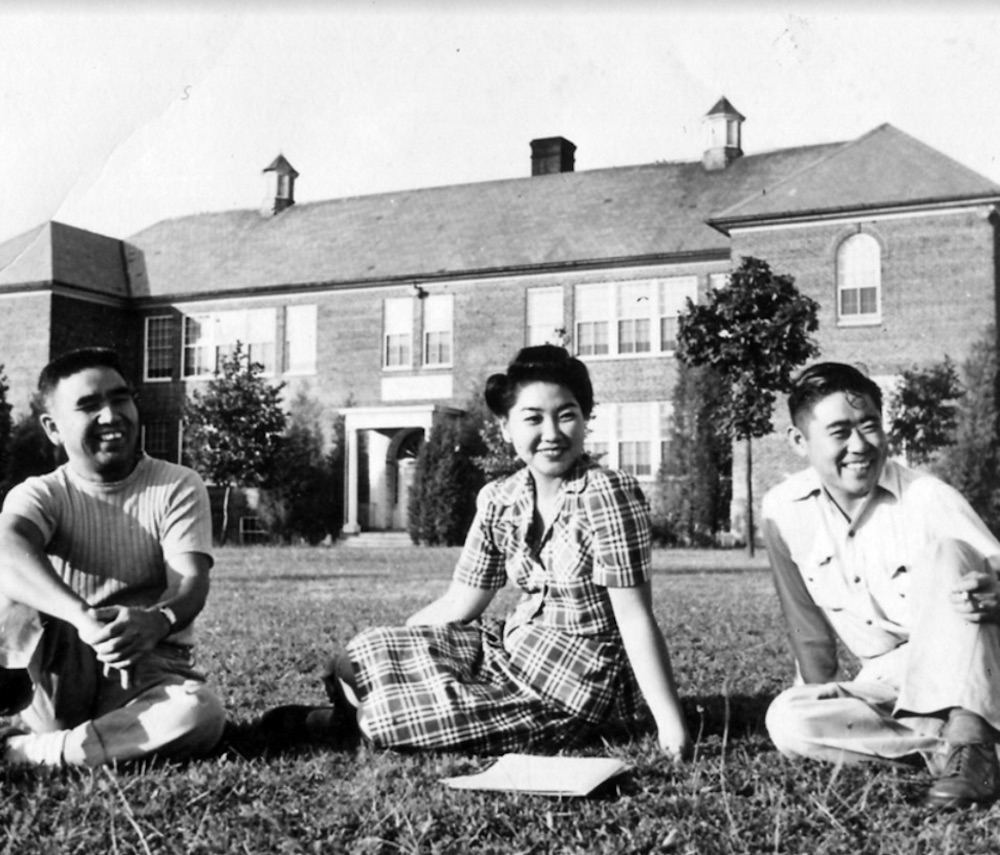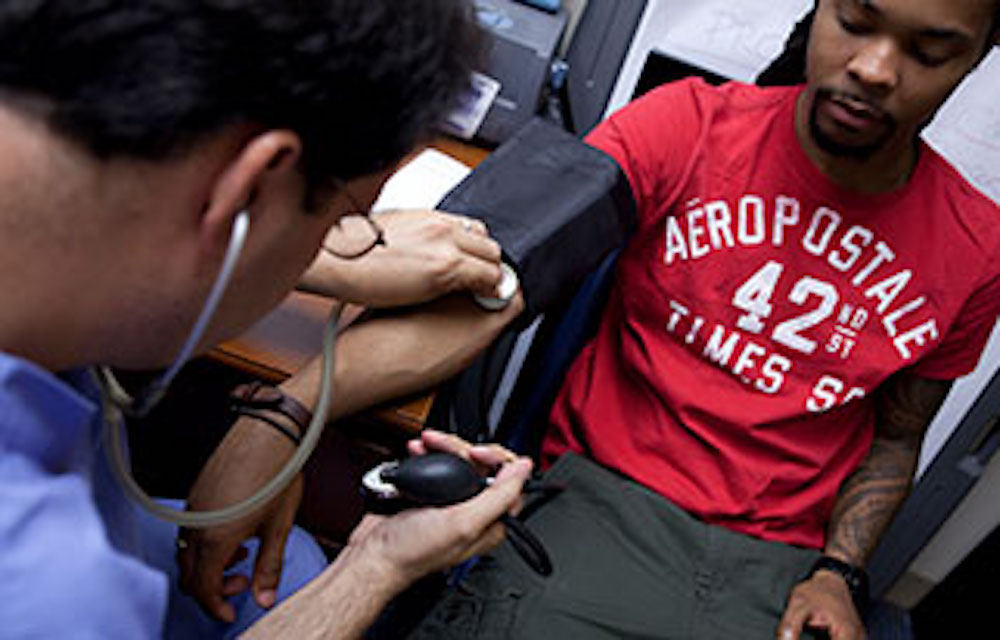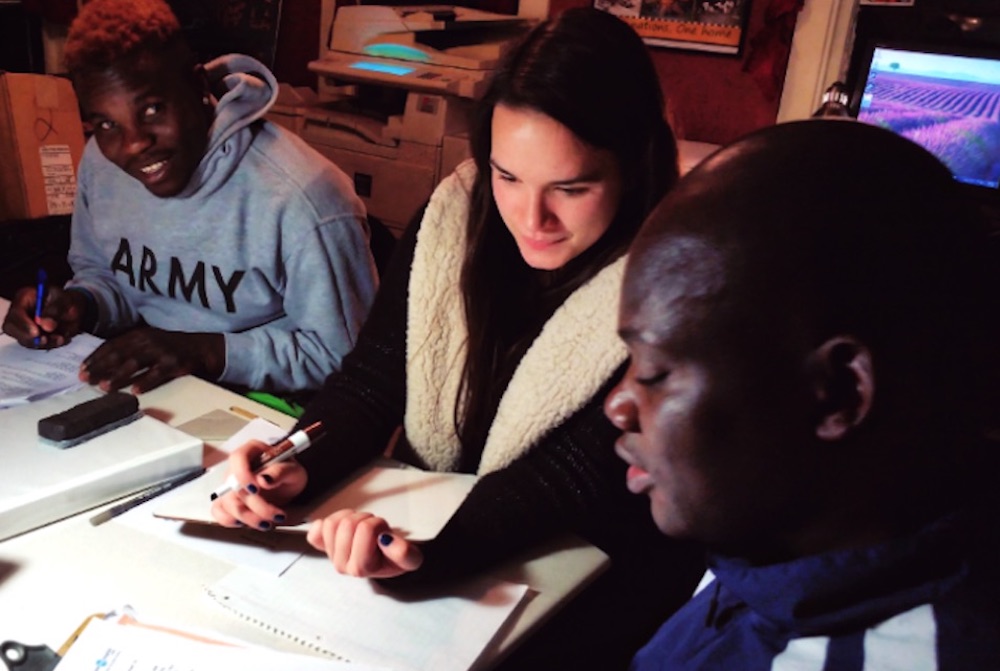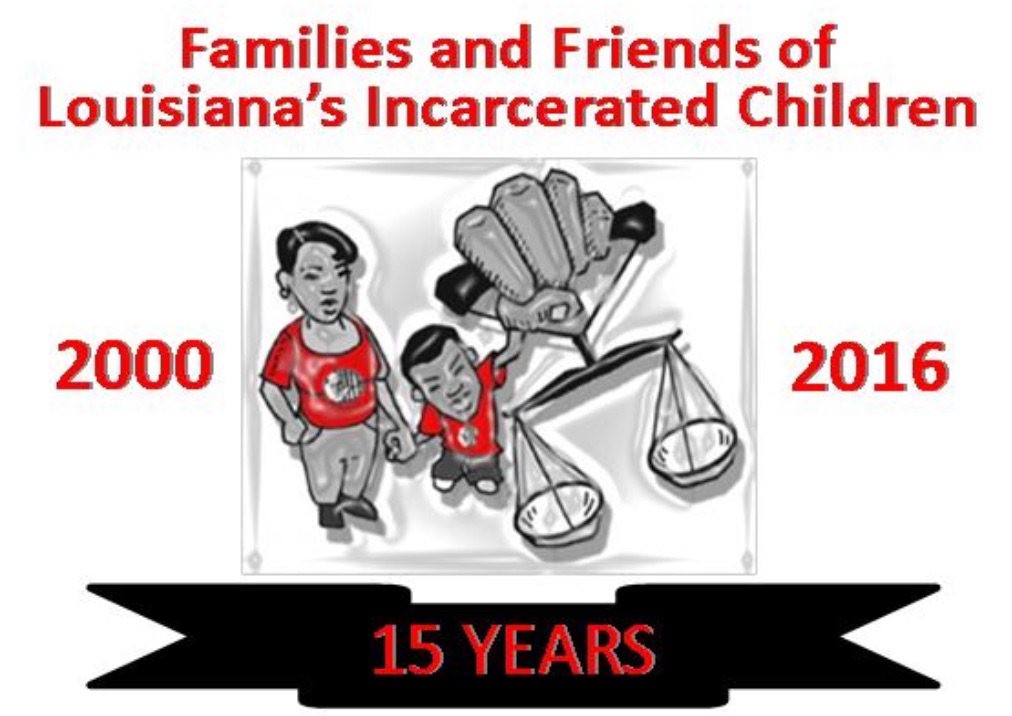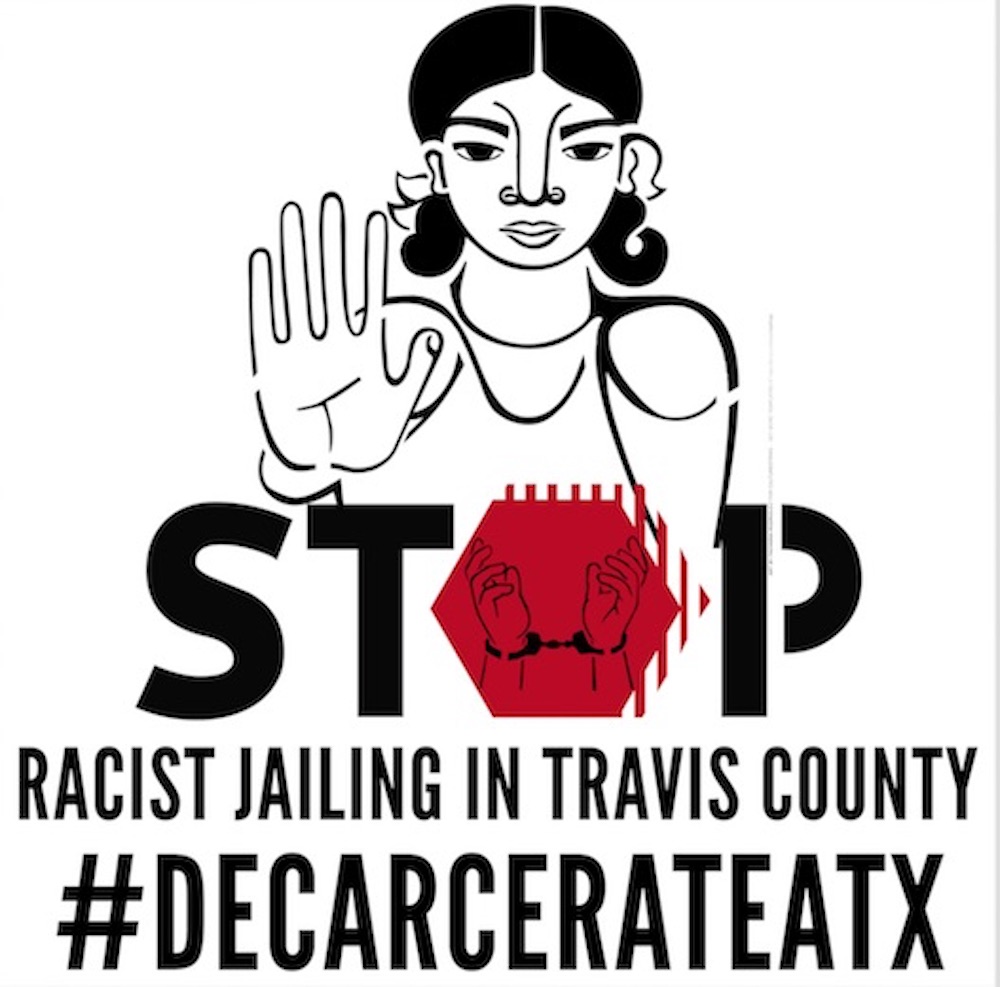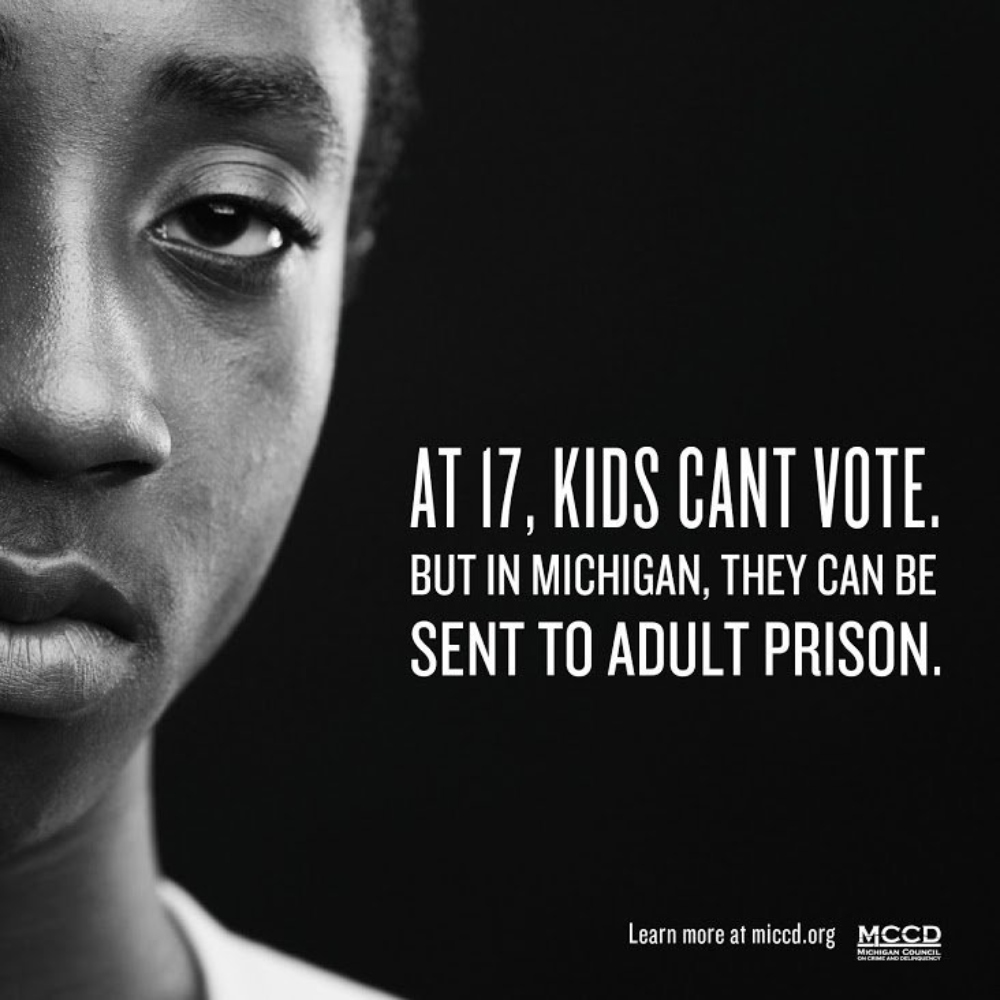Local Campaigns
There are many ways you can take action in your local community. Here are a selection of campaigns run by the issue organizations that partnered on and contributed to States of Incarceration.
Florida – #endisolation
Friends of Miami-Dade Detainees is a non-profit organization that operates the first immigration detention visitation program in Florida at the Krome Service Processing Center in Miami. Since February 2014, volunteers from Friends of Miami-Dade Detainees (FOMDD) have made over 2,000 visits to the immigration detention, Krome Service Processing Center; this year, we hope to engage more members, bring more awareness to the community, and #endisolation.
People in immigration detention are isolated from their friends, family, and the outside world. As they are in civil, non-criminal custody, they have no right to a court-appointed attorney or a free phone call. People in immigration detention at Krome include victims of human trafficking, asylum seekers, and legal permanent residents with longstanding community ties.
Visit the website at www.fomdd.org, or shoot them an email at info@fomdd.org for more information on how to get involved.
New Jersey – Ask Congress to hear the voices of immigrant youth
This year, immigrant youth and families made the journey from Newark, N.J. to Washington, D.C., to tell Congress how immigration enforcement policies tear apart their families.
Detention and deportation have a particularly traumatic impact on the children whose parents and caregivers are taken from their community. Between 2010 and 2012, over 200,000 parents of U.S.-citizen children were deported, leaving tens of thousands of children without at least one of their parents. That’s why AFSC and immigrant allies in Newark are partnering to ask members of Congress to hear directly from immigrant families about the human impacts of detention and deportation.
Ask your members of Congress to be there to learn the consequences of immigration enforcement policies.
Indiana – Department of Corrections Volunteering
NAMI Indiana has been collaborating with the Indiana Department of Correction to bring a one hour presentation to the training facilities for newly hired employees at five State Prisons every month. The two volunteers consist of a person living with a mental illness and also a close family member of someone living with a mental illness. The goal is to show both perspectives to give a better understanding of how mental illness has an effect on all people that have personal contact with those individuals.
This worthwhile project is dependent on many volunteers every month. Do you have a story to tell? Do you want to help break down stigma? Do you want to help those that are incarcerated with a mental illness get better treatment? NAMI Indiana needs you! They have created an outline for the speakers that should be easy to follow, and do not expect or want you to be an expert on this subject. They just ask that you speak from your own experience. NAMI Indiana currently has over 30 volunteers helping out with this project but still need more.
New Jersey – Submit Your Story to Seabrook Educational and Cultural Center
The Seabrook Educational and Cultural Center presents the stories of relocated Japanese Americans and Japanese Peruvians from United States incarceration camps; wartime refugees from Europe; migrant laborers from Appalachia, the Deep South and the Caribbean. Seabrook was an authentic “global bootstrap Village” where people of many cultures lived and worked together and still celebrate their heritage. Seabrook Farm was called the “largest vegetable factory on Earth” by Life Magazine in 1955, and it’s founder, Charles F. Seabrook, came to be known as the Henry Ford of Agriculture for his industrial approach to farming.
Do you have Seabrook memories? Visit the Seabrook Educational and Cultural Center website to share your story.
New York – Support Culturally-Sensitive Healthcare at The Fortune Society
As one of NYC’s largest providers of reentry services, Fortune Society's Reentry Education Project (REP) supports healthcare providers in integrating culturally responsive and sensitive best practices into HIV and Hepatitis C prevention, treatment, and care delivery to patients who are justice-involved and living within underserved neighborhoods. The project objectives include (1) increase the number of formerly incarcerated people who know their HIV status; (2) reduce the barriers that formerly incarcerated men and women face in accessing HIV prevention, treatment, and care; and (3) increase retention in care and viral suppression, thereby reducing new transmission.
To accomplish these objectives, The Reentry Education Project (REP) has focused on increasing provider knowledge of 1) harm reduction strategies to reduce HIV transmission among injection drug users; 2) patient-centered, gender-responsive, and trauma-informed care for formerly incarcerated women; and 3) HIV and Hepatitis C (HCV) prevention, screening, treatment, and care for justice-involved individuals.
Texas – Volunteer at Casa Marianella Adult House or Posada Esperanza (Women’s House)
Casa Marianella provides shelter, mind food and full supportive services to homeless immigrants. Two clusters of shelters in renovated houses in residential neighborhoods in East Austin serve women and children escaping violence and adult immigrants. Casa Marianella's shelters are home-like facilities designed to meet emergency or transitional needs so vulnerable and injured people can resolve their immediate crisis, get stabilized and once again become independent, which then opens up space for new residents. Casa Marianella's volunteer program is very flexible, permitting you to work the hours and days you select.
Volunteer Opportunities: Teach ESL, take a food shift (3 pm, every day), help with administration support, provide phone support by answering calls, refering calls to appropriate individuals, taking messages down, addressing resident and community needs, making copies, and performing general office duties. Additionally, volunteers can participate in Casa's bike project, house repair and maintenance, providing rides to immigration and/or doctor appointments, and donations assistance.
Louisiana – 50/2017 Campaign
Building a Movement to Stop the School to Prison Pipeline
Roughly 56% of African American youth in the juvenile justice system report a prior school suspension. 40% of Louisiana’s youth are locked up for nonviolent offenses. Many previously incarcerated children drop out of school carrying heavy individual cost and placing significant burdens on society. In Louisiana children are being pushed into incarceration as a result of “zero-tolerance” policies and high school suspensions. Each year there are approximately 300,000 suspension and expulsions in Louisiana. There were over 80,000 disciplinary actions taken in the 2009-2010 school year for willful disobedience alone, a vaguely defined and arbitrarily enforced offence. Research shows a strong correlation between harsh discipline practices, dropout and incarceration. FFLIC’s 50/2017 Campaign clearly outlines goals and programs to stop the school to prison pipeline and ensure that every child who enrolls in school has the opportunity to reach their fullest potential instead of being ushered into the prison system.
Texas – #DecarcerateATX
The historical ties between racism and the growth of mass incarceration in the United States are undeniable. Institutional racism throughout the various stages of the criminal justice system, including initial contact with law enforcement, have led to unequal and excessive incarceration of Black people for generations. Our mass incarceration crisis, fueled by racist policing and discriminatory criminal justice policies, continues to have devastating impacts on working class families and communities of color. Grassroots Leadership seeks to bring these issues to the forefront in Austin/Travis County in order to unite community groups and policy makers in urgent action to address these inequities.
Michigan – Raise the Age Michigan
Raise the Age MI is a grassroots effort lead by Michigan communities, advocates, and lawmakers who all believe that automatically prosecuting 17-year-olds as adults is unfair, expensive, and harmful to our youth. Michigan is one of only FIVE states that automatically prosecutes 17-year-olds as adults for any offense even though the US Supreme Court has set the age of adult criminal responsibility at 18. This policy, which disproportionately affects youth of color, is practiced in spite of the fact that there is no evidence that prosecuting 17-year-olds in the adult system shows any rehabilitative advantage. It also prevents young people from accessing the highly effective diversion and community-based programs that are only offered in juvenile courts.
TAKE ACTION
- Sign on to the Raise the Age Mighigan Statement of Principles
- Write to members of the Michigan House Law and Justice Committee urging them to raise the age in Michigan. See the campaign's template message here.
- If you or a family member have been directly impacted by this policy, consider sharing your story.
For more information and ways to get involved visit raisetheagemi.org or contact the Michigan Council on Crime and Delinquency at jsmith@miccd.org.
